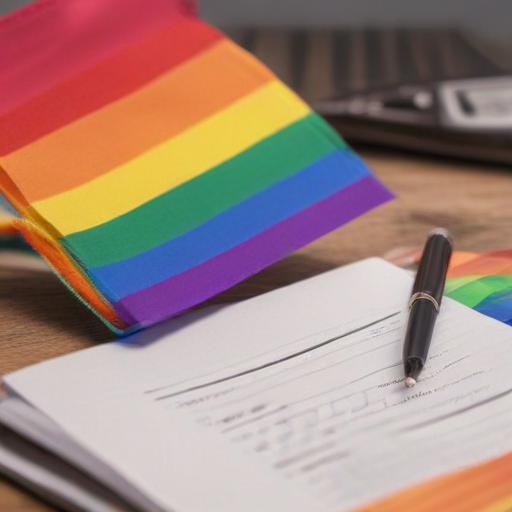The Substance Abuse and Mental Health Services Administration (SAMHSA) has announced that the LGBTQ-specific option on the 988 Suicide and Crisis Lifeline will be discontinued by mid-July. This decision has raised alarms among LGBTQ advocacy groups, who fear that this change could lead to increased risks for those in the community who are already vulnerable. According to advocacy organizations like The Trevor Project, the unique challenges faced by LGBTQ+ individuals necessitate specialized support; 37% of LGBTQ+ youth reported seriously considering suicide in the past year.
Jackson Budinger, the senior director of communications at The Trevor Project, expressed concerns that the removal of this option could result in more fatalities, emphasizing the importance of counselors who possess a nuanced understanding of LGBTQ+ issues. He articulated that more sophisticated training for counselors is imperative given the heightened risk factors present in these communities.
In Florida, particularly in the Tampa Bay region, calls to the 988 hotline have been on the rise, with the Crisis Center of Tampa Bay receiving daily suicide crisis calls ranging from 50 to 70. CEO Clara Reynolds highlighted that awareness of the hotline is crucial, as many people remain unaware of its existence. A recent study indicated that Florida has one of the lowest call rates to the 988 service, pointing to a need for increased public education about available mental health resources.
While SAMHSA assures that all callers will continue to receive compassionate and culturally competent care, local centers are gearing up to address the specific needs of those who identify as LGBTQ+. Reynolds stated that although the national hotline will remove its LGBTQ+ option, they are committed to providing tailored support to callers in their local community.
As this transition approaches, local crisis centers and advocacy organizations are actively working to bridge the gap in support and raise awareness about the resources available for those in need of mental health assistance. Individuals experiencing mental health crises are encouraged to reach out by dialing 988 for help.
This situation underscores the importance of continuing efforts to support the mental health of LGBTQ+ individuals, especially as broader access to specialized care becomes more crucial in today’s increasingly challenging landscape.
